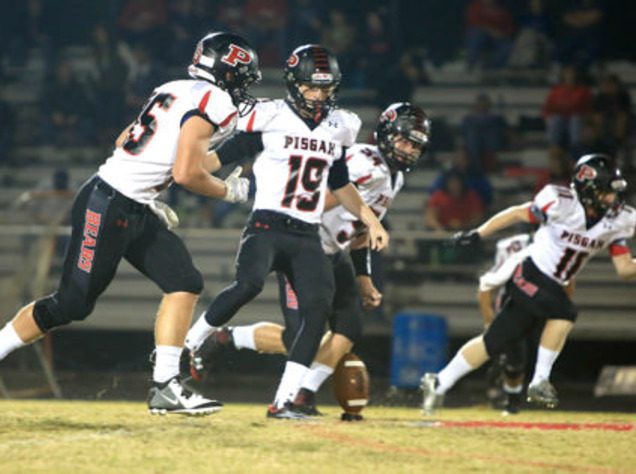In most cases, the onside kick is an incredibly risky play. If the kicking team doesn’t recover the ball, the opposition is gifted possession around midfield. However, late game situations may force teams into an attempted onside kick. In the NFL, there are rules governing the onside kick that make it much harder for the kicking team to recover. But the onside kick, when utilized correctly, can be a huge emotional turning point of any game. It doesn’t matter if it’s the first quarter or the last thirty seconds of the fourth, a well-executed onside kick is an undeniable game-changer.
Most often, the onside kick won’t be found in the lower levels of football, but anybody looking to excel on the Special Teams Unit should consider reading up about the play and its merits. Understanding the situations and ideals behind it can make you an invaluable part of the team. So, in order to help with that, check out CoachUp’s review of the onside kick in the NFL.
Why Onside Kick?
Typically, onside kicks take place when the kicking team needs a score late in the game. A regular kickoff eliminates the possibility for a quick recovery of possession for the kicking team. The entire point of an onside kick is to receive another possession right after scoring. Usually, teams will kick-off and let their defense force the opposition to punt back to them. But teams are often forced to go for the onside kick because of the remaining time in the game. If the opposition can finish the game up by simply kneeling or acquiring a first down, desperate teams will use the onside kick to rapidly turn the tide. Usually, an onside kick is a last-ditch effort to extend the game by the losing team.
Rules of the Onside Kick
The NFL has a very specific set of rules governing onside kicks in order to make it difficult to recover. Like any regular play, all on-field personnel must lineup behind the ball and may not move until it’s kicked. Additionally, there may be no more than five players on each side of the ball. Then, it must travel at least ten yards or be touched by the opposing team before the kicking team can recover it. If the ball is kicked out of play, the receiving team will gain possession at that spot.
Onside Kick Strategy
The kicking team will either line up in a normal formation or a more crowded one with the players closer to the kicker. The advantage to lining up in a regular kickoff formation is that they may catch the receiving team by surprise and get a greater chance of recovering the ball. The onside kick formation, on the other hand, puts players in the best position to recover the ball, but the receiving team will know the attempt is coming. The kicker will normally hit the ball directly into the ground with topspin to one side of the field. This topspin on the ball sometimes allows for unpredictable bounces and might cause chaos and confusion, the perfect time to strike.
(Related: Read about the art of field goal kicking here.)
Huddle Up
An onside kick is just one of many strategical plays a team can utilize in the NFL. However, with any possibly beneficial call, there are certain risks and rewards to weigh. It’s up to the head coach to decide when the appropriate time to do an onside kick is and whether or not the positives will outweigh the potential negatives. However, more often than not, the onside kick is deployed as a last-ditch effort to extend the game so any negatives ultimately don’t matter.
If you’re still struggling with fielding onside kicks, or just having trouble grasping the concepts presented here, consider booking one of CoachUp’s private trainers to help you out. The onside kick can be tricky from every angle, minimize that wildness with one of our coaches and start being the first player on special teams to be called — what are you waiting for?
Be prepared for the biggest moments by mastering the small ones off the field.
How useful was this post?
Click on a star to rate it!
Average rating 2.6 / 5. Vote count: 5
No votes so far! Be the first to rate this post.



One Response
Can a team recover an onside kick without the opposition touching it